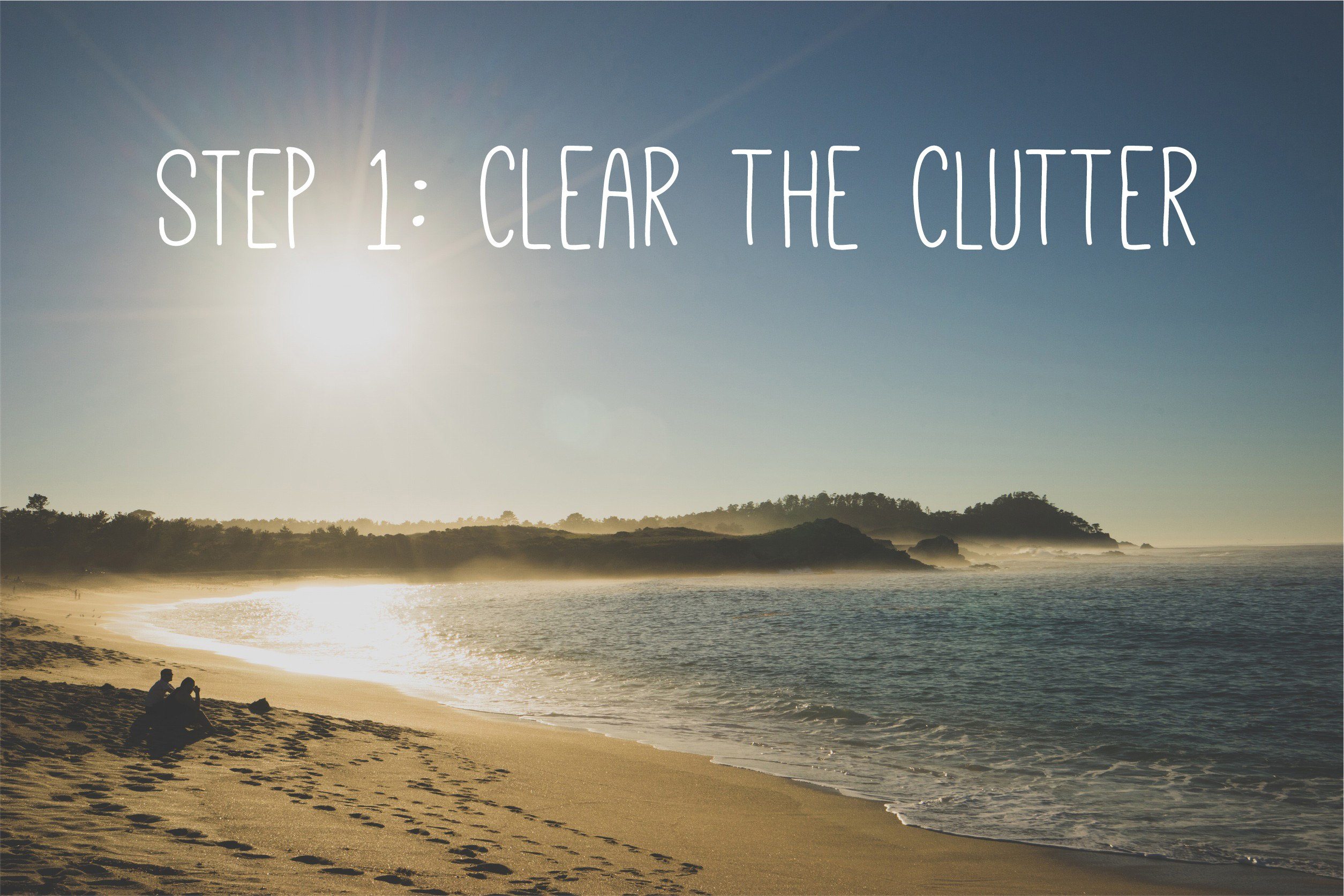 Stephanie Marshall is the Founder and Chief Organizer at Organizing by Marshall. Stephanie loves nothing more than helping people get organized, knowing that nothing beats the sense of relief and empowerment that comes from having things are under control. Organizing by Marshall focuses on home and family organization, organizational coaching, and move management.
Stephanie Marshall is the Founder and Chief Organizer at Organizing by Marshall. Stephanie loves nothing more than helping people get organized, knowing that nothing beats the sense of relief and empowerment that comes from having things are under control. Organizing by Marshall focuses on home and family organization, organizational coaching, and move management.
People say that moving is the third most stressful thing after a death in the family or divorce, and sometimes the scariest part of moving is dealing with your stuff.
It’s really easy to accumulate a lot of stuff, and the longer you have been in your home, the more things you have had the opportunity to accumulate. Often people have forgotten some of what they own, or at least have designated long ignored boxes and drawers as “tomorrow problems”. Moving forces us to face all of our things. Some people take the (seemingly) easy way out and empty the drawers into boxes, and then stuff the stuff in the new place, but this not only makes the moving process more cumbersome in the long run, but it fails to take hold of the opportunity to curate your things and make your new home the best it can be.
Yes, “Decluttering” is the trendy buzzword right now, and some crazy so-called experts are recommending that you get rid of pretty much everything that is not on your body or being used by you right this second, but thoughtful decluttering is the first tool you can use to make moving your stuff easier.
Taking inventory and making decisions about your things will require some work, but well executed decluttering before a move can bring the following benefits:
- You will be taking a deeper inventory off all of the stuff that has to be moved or dealt with (people can be so used to their home that they fail to see things)
- There will be fewer things to transport to the new house
- It will be easier to unpack in your new home
- You will have less to clean and maintain
- New space will be created by the absence of things
- Money may be saved by finding things you need (happens so much more often than expected)
- Money may be earned if you sell items that you are decluttering
- You will find treasures and memories
Step 1 of home staging (which is always decluttering) will be complete!
So how do you begin decluttering your home? Here are some basic home decluttering tips:
- Do one room at a time (often the bathroom is an easy place to start)
- Assess all of your stuff by starting in one corner of the room and working your way around the room and then into the centre
- For each item make a decision to keep, donate, sell, or throw out – have a pile for each
- There is no “Maybe” pile
- Don’t forget to go through hallways, entryways, and closets
- Don’t forget to include patios and sheds
- Sometimes 15 minute spurts will move things forward, but work in no more than 3 hour blocks – decluttering fatigue is real and can lead to poor decisions
- Get the things that you are not keeping out of the room immediately after the decluttering session, and out of the house as soon as possible
- Make notes for any new moving or selling related tasks you discover
PRO TIP: 48 hours after you declutter a room have a quick look around – often you will immediately see one or two more things that you really don’t want to keep
We glossed over what to keep and what not to keep because this part can be sensitive. In practical terms, people have different space needs, clutter comfort levels, and amounts of stuff. Emotionally, people have different comfort levels with letting things go. As you go through decluttering your house, when having trouble deciding what to do with something, asking yourself the following questions may help you make a decision:
- Is this something that you really like?
- Is this something that you need or use regularly (today – not five years ago or “one day”)
- Is this something that you want to continue to care for and carry with you to your next home?
- Is this worth as much to you as the space it takes up or the cost to store it?
- If this item were lost would you re-purchase it?
- Are you holding on to this because you might use/fix it/love it “one day”? How realistic is this day and how long have you been waiting for it?
- Are you holding on to this out of guilt? Guilt is not a good reason to hold on to things and can lead to resentment.
- Are you holding on to the item for the memories? Will the memories still exist without the item? Could you photograph the item or keep only a part of it for the memory?
Decluttering may seem hard at first but it gets easier with time and practice. Imagine how great it will feel to unpack and organize your new place with only the things you truly want, need and love?
Follow us on Facebook for organizing tips, tricks and tools…and of course if you need help getting started, get in touch!


Comments